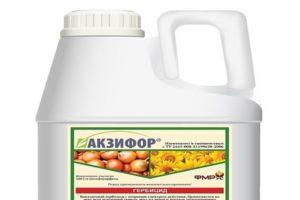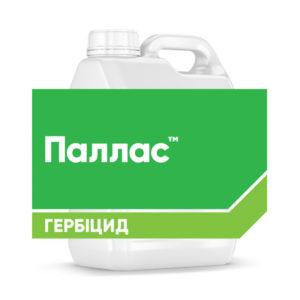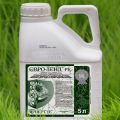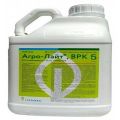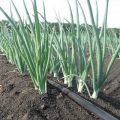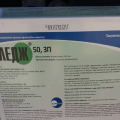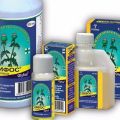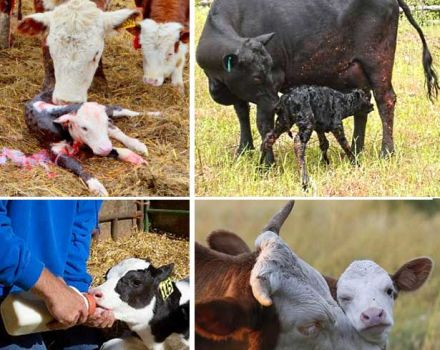Types of herbicides for sunflower and the best preparations with instructions for use
In ancient times, the "sun flower" was cultivated by the Indians, now the annual sunflower is planted wherever it takes root. Oilseeds germinate slowly, seedlings are quickly drowned out by weeds, which are simply unrealistic to weed out by hand in large areas. Before the emergence of shoots in sunflower, the soil is treated with herbicides. Chemicals are sprayed over plantings and during flowering. The preparations not only deal with weeds, but also prevent the development of diseases in plants.
Types of herbicides
Sunflower cultivation technology involves the use of 4 types of pesticides, each of which is required at a certain stage.
Pre-emergence
Oilseeds do not germinate for 3 or 5 days, but for 2 weeks. At this stage of development, the sunflower requires a lot of moisture and nutrients, which the weeds take away. If the grass is not destroyed at an early date, there will be insufficient reserves in the ground for the development of culture, which leads to a further decrease in productivity.
To cope with annual cereals and dicotyledonous grass before germination, contact herbicides are applied to the topsoil along with the seeds. One of these drugs "Harnes", penetrating into the tissues of weeds, inhibits growth, disrupts metabolism in cells, makes it possible for sunflower to develop.
"Pioneer 900" is used to prepare a concentrated solution, which is sprayed on the field until the seeds have sprouted. The earth is harrowed so that the substance gets into the deep layers of the soil, destroys the beetle, chamomile, shepherd's bag and decomposes.
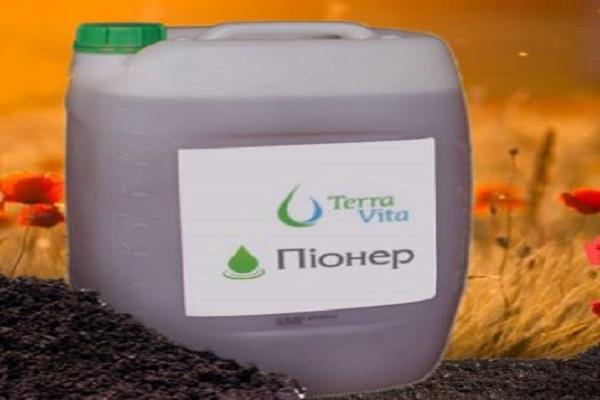
Postemergence
If the herbicides were not introduced into the soil along with the seeds, when three or four leaves appear on the sunflowers, they are sprayed with chemicals that inhibit the production of amino acids in weeds.
The drugs are marketed in the form of emulsions or granules that dissolve in water.
Postemergence herbicides act only on weeds, they contain several active components:
- Metolachlor does not pose a danger to insects, but it destroys purslane and chamomile.
- Imazethapir copes with broomrape.
- Terbutylazine suppresses ragweed, but does not have toxic effects on bees and bumblebees.
- Tribenurol-methyl kills hundreds of species of broad-leaved weeds, removes poppies, radish, and can be used together with fungicides.
The use of desiccants allows to accelerate the ripening of sunflower seeds.The chemical agent "Samum 150" is absorbed by stems and leaves, prevents the development of rot, destroys weeds.
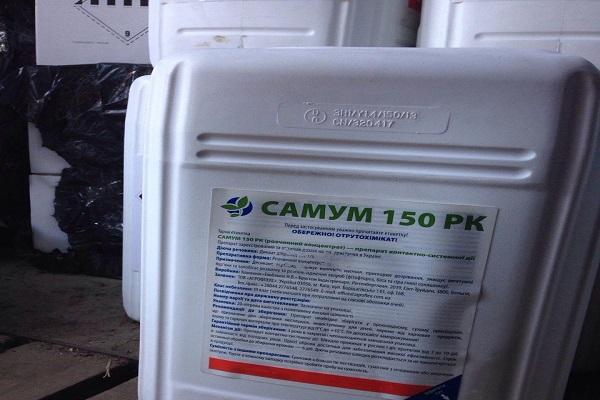
The best preparations for sunflower
Since autumn, the field is treated with herbicides containing glyphosate. The substance penetrates into the cells, destroys the root, cleans the area of sedge, bitterness. Selective drugs are used when the weed releases at least 2 leaves. Such remedies kill individual plants, but do not affect neighboring crops.
"Gezagard"
This selective preparation has a destructive effect on weeds, protects sunflower plantings for a long time. When the Gezagard herbicide is sprayed, the prometrine contained in its composition is absorbed by the leaves, absorbed by the roots, which leads to the death of dicotyledonous grasses and annual cereals. The pesticide decomposes in the ground, does not cause addiction in weeds, and is safe for insects and people.
Sunflower is sprayed with "Gezard" once a season together with sowing, 200 liters of solution is consumed per hectare. In arid regions, the herbicide is embedded in the ground to a depth of 30 mm.
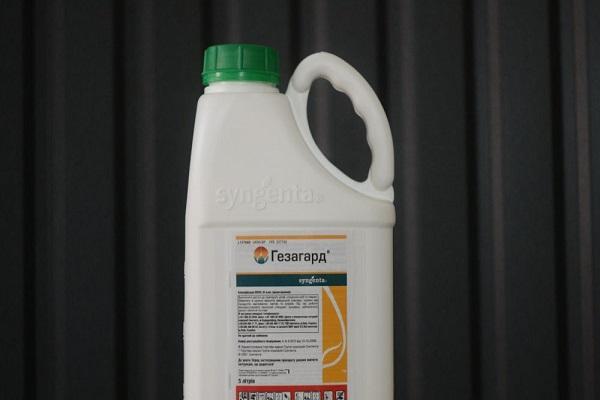
"Gambit"
On the basis of prometrine in the form of a concentrated suspension, a preparation is produced that enters the seedlings and roots of weeds through the soil. Herbicide "Gambit" disrupts the production of amino acids in plants, inhibits photosynthesis. Protects sunflower seeds for 2.5 months:
- from field violets and wild oats;
- shepherd's purse and bluegrass;
- from wild radish and shrimp;
- from nettles and dope.
Weeds die in 5-7 days. To avoid the development of resistance, the drug is alternated with other pesticides. The product is sold in cans of 10 and 5 liters.
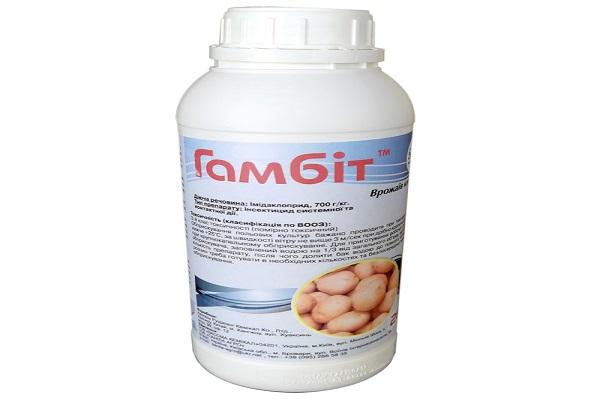
"Dual-Gold"
Selective herbicide, which belongs to the class of chloroacetamides, protects the planting of industrial crops from weeds. The drug with a high concentration of C-metolachlor, prevents seed germination. "Dual-Gold" reduces the production of enzymes, which leads to a decrease in the rate of cell division, to the death of perennial weeds.
The herbicide is buried in the wet ground by 20 mm, the ground part of the plants is sprayed, after which the site is not treated for up to 2 weeks. The product is not addictive, does not negatively affect the structure of the soil.
"Sprut Extra"
One of the latest developments of scientists kills all representatives of the flora, sprouted grasses die forever. A systemic herbicide is sprayed on the leaves and stems, from where the agent, moving through the tissues of the weed, enters the cells of the root system. Plants stop absorbing nutrients and wither. "Sprut Extra" copes with perennials and grains, which are not affected by many drugs, is suitable for pre-sowing sunflower processing.
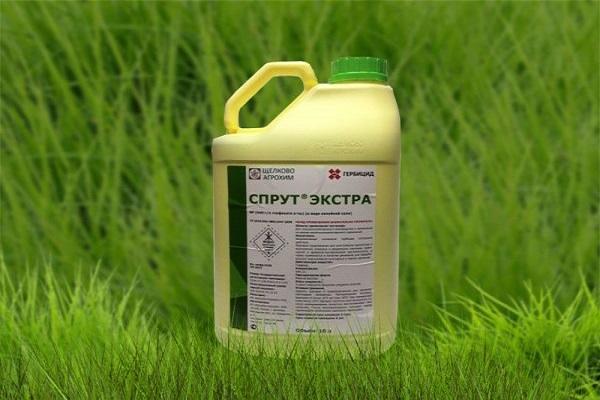
"Target Hyper"
The domestic herbicide, which is used to destroy weeds in the fields after sprouting, acts selectively, does not harm agricultural crops. "Targer Hyper" is produced in the form of a concentrated emulsion, is consumed sparingly, but destroys the ground part and roots of weeds.
"Tornado-500"
To control weeds, sunflower farmers buy large quantities of herbicides. It is profitable to purchase chemicals not in small bottles, but in cans of 5 or 10 liters. Tornado-500 is packed in such a package. The drug contains a high concentration of glyphosate salt, when sprayed on weeds, it disrupts the production and assimilation of substances.
Sticky additives that are added to the emulsion protect it from being washed off by sediments. After processing the plants, the composition decomposes in the ground into separate components that do not harm the environment.
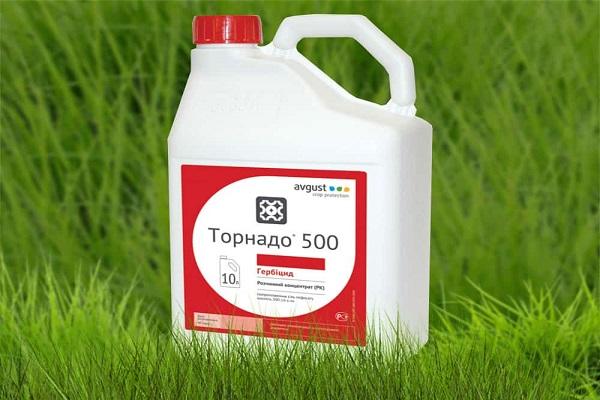
"Total-360"
The preparation, containing glyphosate salt, copes with all types of weeds, acts in heat and cold.The active component of the herbicide, penetrating into weed tissues, destroys cellular structures, which leads to the death of the roots.
The processing of sunflower fields with Total-360 is carried out a few days before sowing in order to destroy sow thistle and thistle, wheatgrass and wild oats, bindweed and cereals. On plantings of industrial crops, the drug is used as a desiccant.
Fuselade Forte
The post-emergence herbicide, developed by Syngenta, does not harm sunflower, but is dangerous for wheat, rye and oats. "Fuzilad Forte" is used for processing fields at different stages of development of industrial crops; it is effective at temperatures not lower than 10 ° C. After spraying, the weeds dry up after a week.
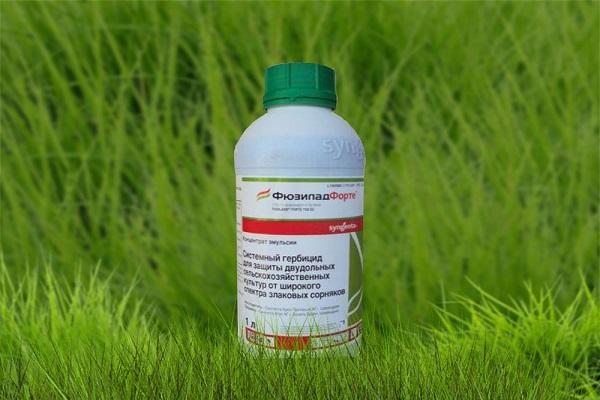
Which weed remedy is better to choose
Before the sprouts emerge, sunflower fields are recommended to be treated with contact agents that destroy metabolism in weed cells. Based on the feedback from farmers, at this stage of cultural development it is better to use:
- Dual Gold;
- Pioneer-900;
- "Nitran";
- Harnes.
When leaves appear on the stems of sunflowers, it is necessary to spray selective herbicides, which destroy different types of weeds, but do not affect industrial crops.
The most effective means of blocking the re-growth of weeds include "Fuzilad Super", "Gezagard", "Bekkard 125".
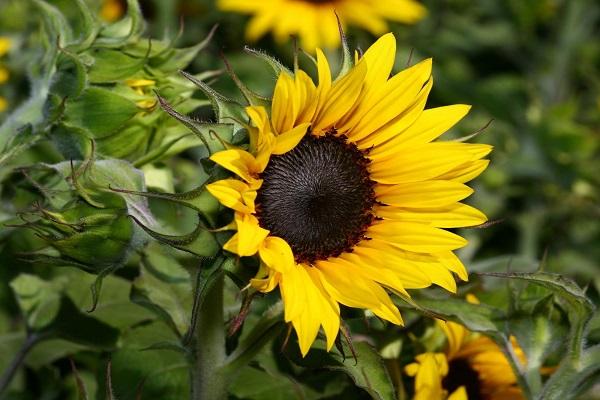
General rules for the use of herbicides for sunflower
Before choosing a drug for processing oilseeds, you need to find out what types of weeds are attacking the site. Soil herbicides are best suited for killing annual grass.
It is necessary to spray the compositions over the aerial part of the weeds in the morning or afternoon, but not in the heat, since the substances will be less absorbed by the green mass and stems. When spraying weeds, it is necessary to ensure that the solution does not get on the sunflowers. Do not treat fields with herbicides in windy weather.
The concentration of the drug must be selected in accordance with the annotation, but also take into account:
- type and acidity of the soil;
- soil moisture level;
- the amount of organic matter introduced.
Timely protection from weeds, as well as compliance with the requirements of agricultural technology, guarantees a high yield of sunflower.
